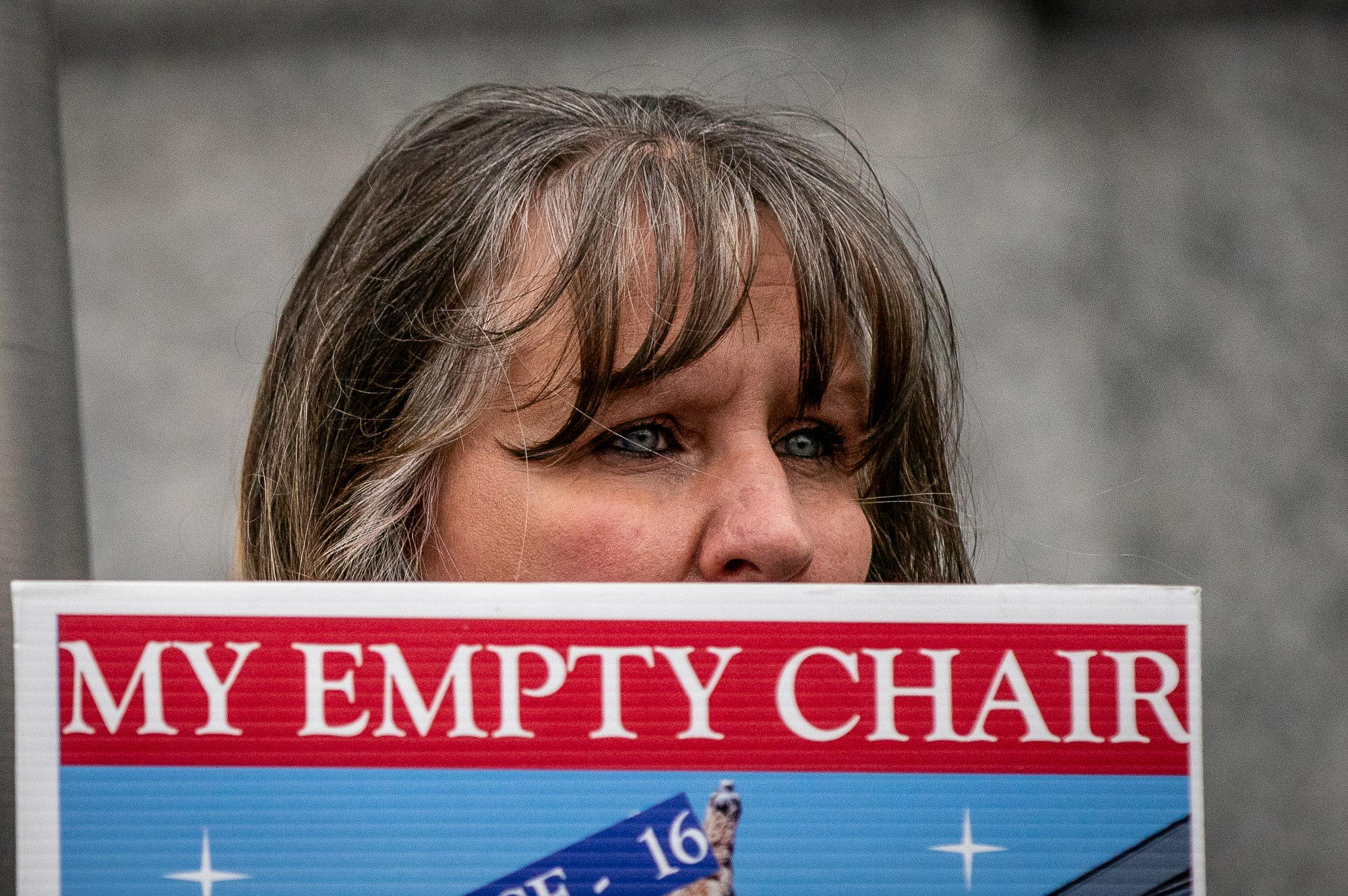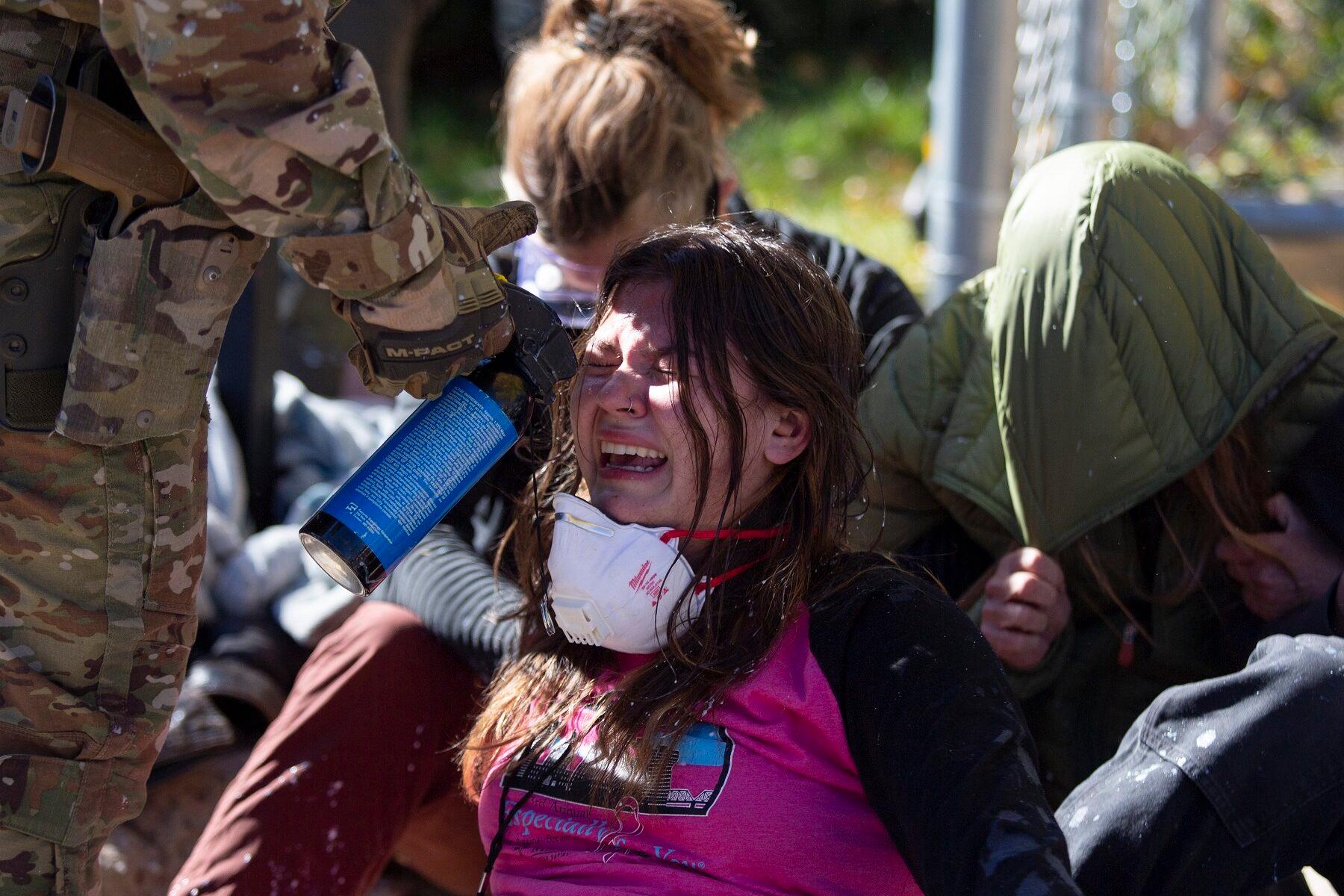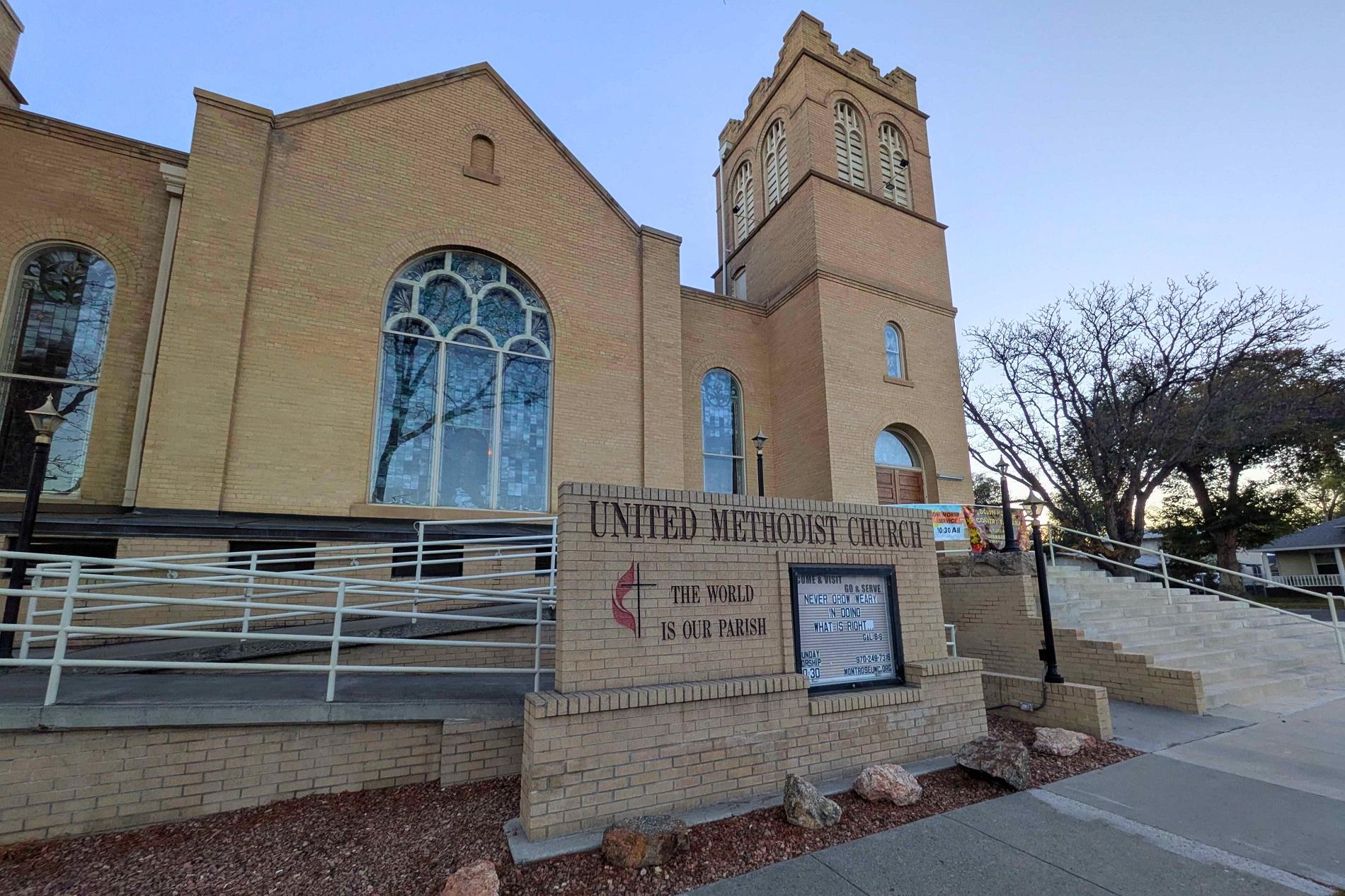
Grammy-winning Christian rapper Lecrae Moore is known for his distinct blend of faith and hip-hop and for serving as a voice for a generation seeking meaning and connection. But few people know that he spent much of his childhood growing up in Denver.
During a trip to Denver for a speaking engagement aimed at offering words of inspiration to those incarcerated at Sterling Correctional Facility, he sat down with Colorado Matters Host Chandra Thomas Whitfield, while getting a new tattoo at Tengu Tattoo, a studio in the Town Center Mall in Aurora.
As tattoo artist Carlos Stokes’ tattoo needle buzzed in the background, Lecrae reflected on his life, career, the evolution of his music and how hip-hop gave him a voice—and how he's used that voice to speak for those often silenced.
In February, he walked away with two Grammy awards for his LP "Church Clothes 4", which won the prestigious Best Contemporary Christian Music Album category. Additionally, his collaboration with Tasha Cobbs Leonard on "For Your Power" earned him another Grammy for Best Contemporary Christian Music Performance or Song. These accolades are not new to Lecrae; he won Grammys in 2013 and 2015, and he's also a New York Times bestselling author.
He recalled living in Five Points, Denver’s historically Black neighborhood, and a time when Denver was known as the “Harlem of the West.”
"It was a community vibe—people thriving despite challenges. My mom used to get pig feet sandwiches at the festivals, and I got my hair cut at McGill’s Barbershop," he reminisced.
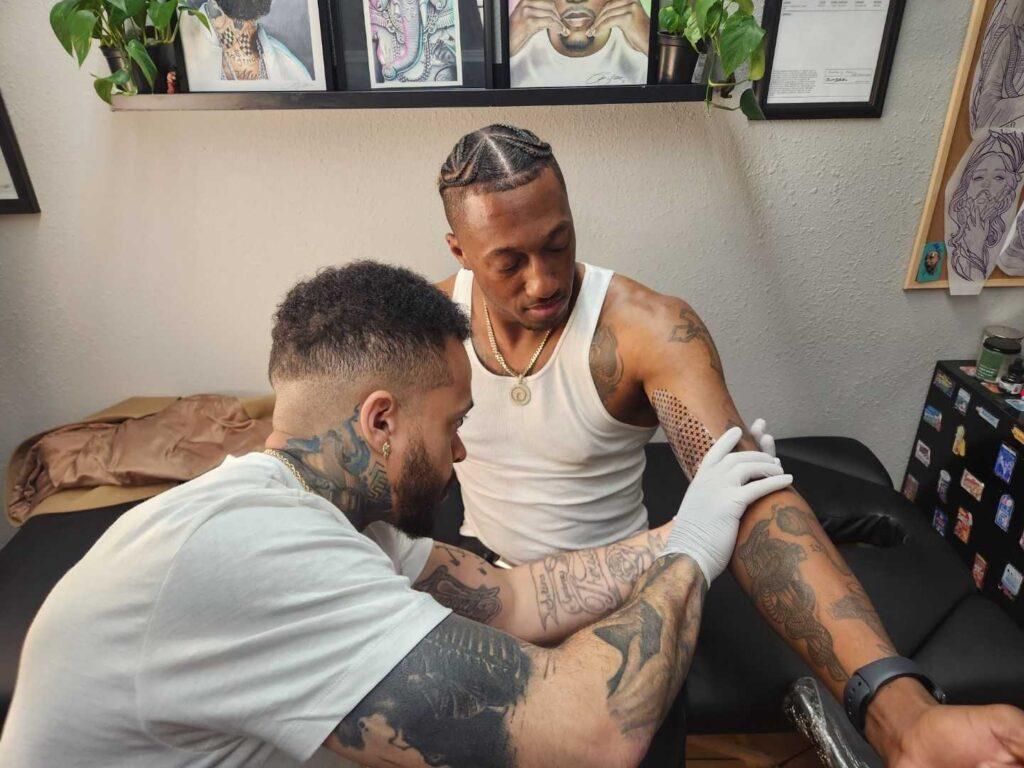
Lecrae also reflected on his schooling years, attending Cole Middle School and George Washington High School.
“Shout out to MLK, Cole, and George Washington,” he said with a laugh, admitting that he often got into trouble. "But I have fond memories. That’s where I started learning to rap and battle in the hallways.”
In his music and his life, Lecrae’s Colorado roots shine through, embodying the spirit of overcoming challenges, embracing diversity, and defying expectations. From the battle raps in Cole Middle School’s hallways to two Grammys in 2024, Lecrae said being an underdog can lead to greatness, even when no one expects it.
He described Denver as holding a special place in his heart; a place where he spent his formative years, navigating a diverse cultural landscape that shaped his identity. Raised by a young, single mother and a dad who struggled with substance abuse, his childhood was marked by trauma and struggle, including bouncing around to different cities across the country, from Houston where he was born, to San Diego and Dallas, along with Denver. Through it all, he faced abuse, neglect, and as a result, was lured into the gangster lifestyle.

Amid the chaos, Lecrae said he turned his life around thanks to the solace he found in music. Writing became his outlet, a means to process the complexities of his experiences.
He wasn't raised in a religious household, but through music, he discovered faith and purpose. Lecrae draws parallels between this experience and life's challenges, emphasizing the transformative power of embracing discomfort.
"You can't change your circumstances, but you can be changed by 'em," he remarked, a mantra that seems to reflect his resilience in the face of adversity.
Beyond the struggle, Lecrae acknowledged Denver’s progressive nature, noting that it shaped his approach to life and music.
"It's a place where people think, where they're exposed to a lot. It’s a nuanced place, and that forced me to wrestle with ideas and perspectives," he said. "I'm a professing Christian, but I’m okay with not fitting into a box. That’s something I learned here."
Despite his early struggles with coming back to Denver due to painful memories, Lecrae has made amends recently to reconnect with his roots. He spoke about finally experiencing iconic landmarks like Red Rocks Amphitheatre after performing there, and appreciating the city’s natural beauty—something he overlooked growing up.
“It’s only been recently that I’ve healed from a lot of the trauma. Thank God for therapy,” Lecrae said. “But being able to come back and see the opportunities and the beauty here—it’s something I didn’t appreciate when I was younger.”
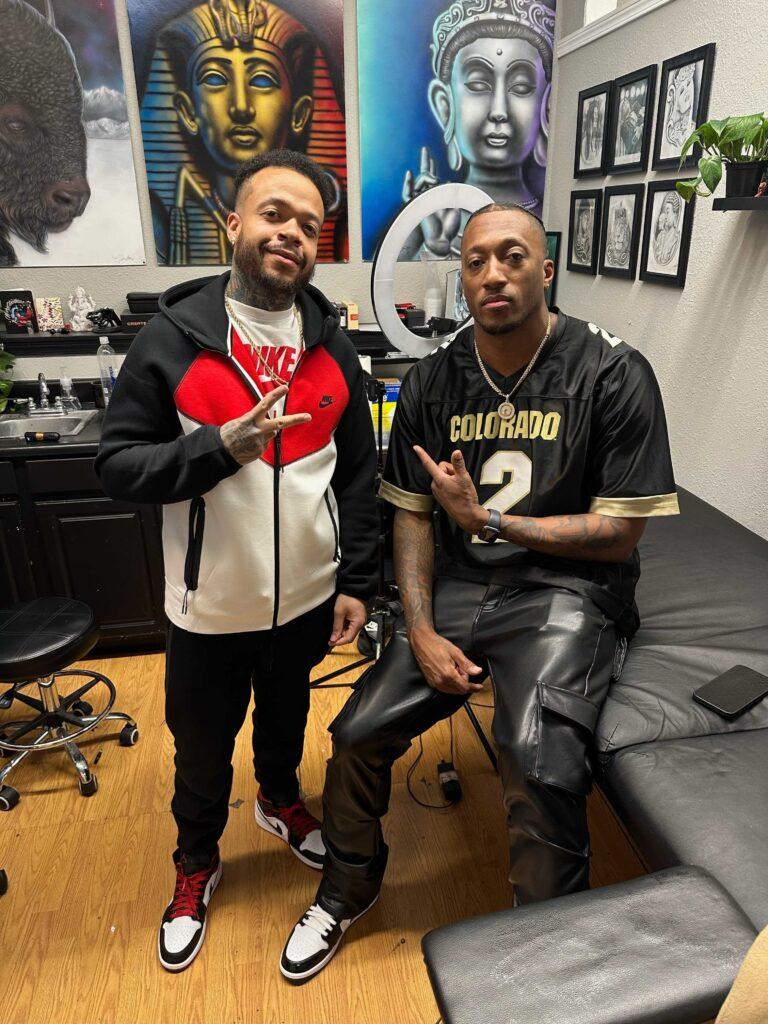
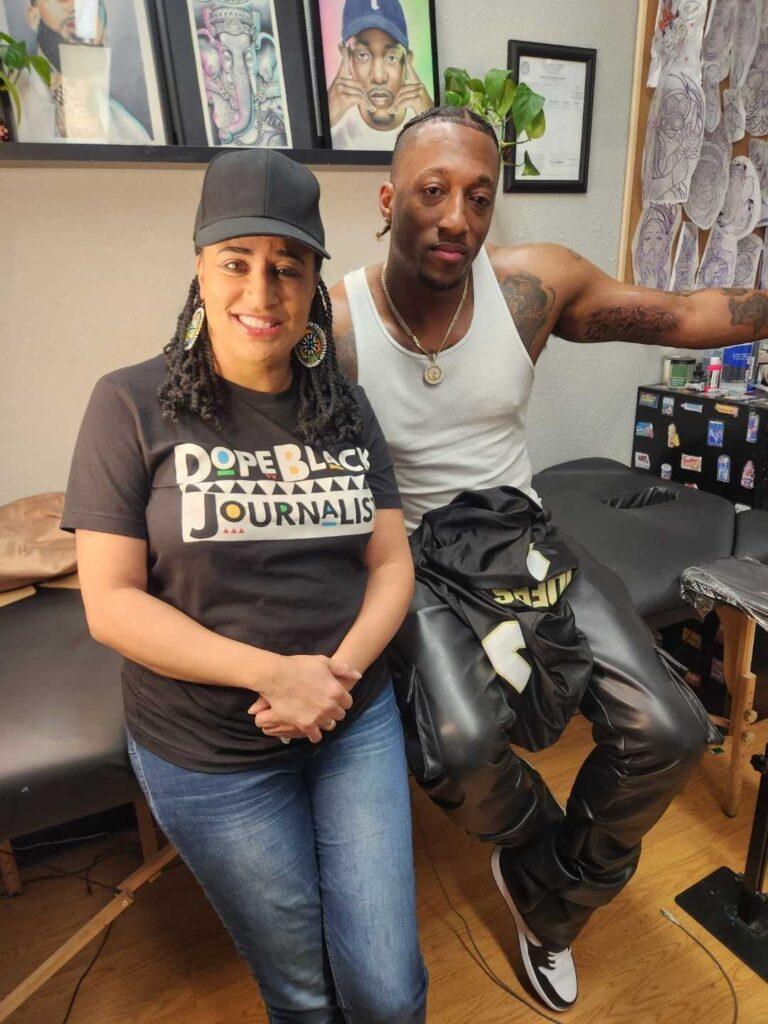
Throughout his journey, Lecrae said his faith in God has been a guiding force. He described faith as synonymous with risk, emphasizing that it's not the size but the substance that matters. His faith has evolved, deepening as he recognizes the enormity of God's presence in his life.
"The bigger God gets, the more I recognize the substance of my faith," he stated, highlighting the profound impact of personal experiences in shaping his beliefs.
Lecrae's music reflects his journey—a blend of pain, hope, and redemption. His lyrics resonate with those who've faced adversity, reminding them that restoration is possible. He advocates for deconstructing societal norms, rebuilding on a foundation of truth and authenticity.
His success hasn't shielded him from pain; if anything, it's made him more aware of it. Lecrae's journey is one of triumph over trauma, a testament to resilience and the power of self-discovery. He didn’t grow up in a religious household, but he cites Lauryn Hill’s "The Miseducation of Lauryn Hill" album as his first exposure to gospel music. He says Hill’s authenticity inspired him, sparking his own exploration of purpose, worth, and faith.
“When it comes to trauma, you don’t know how to process it. I had friends killed, my father was an addict — music was my escape,” he shared.
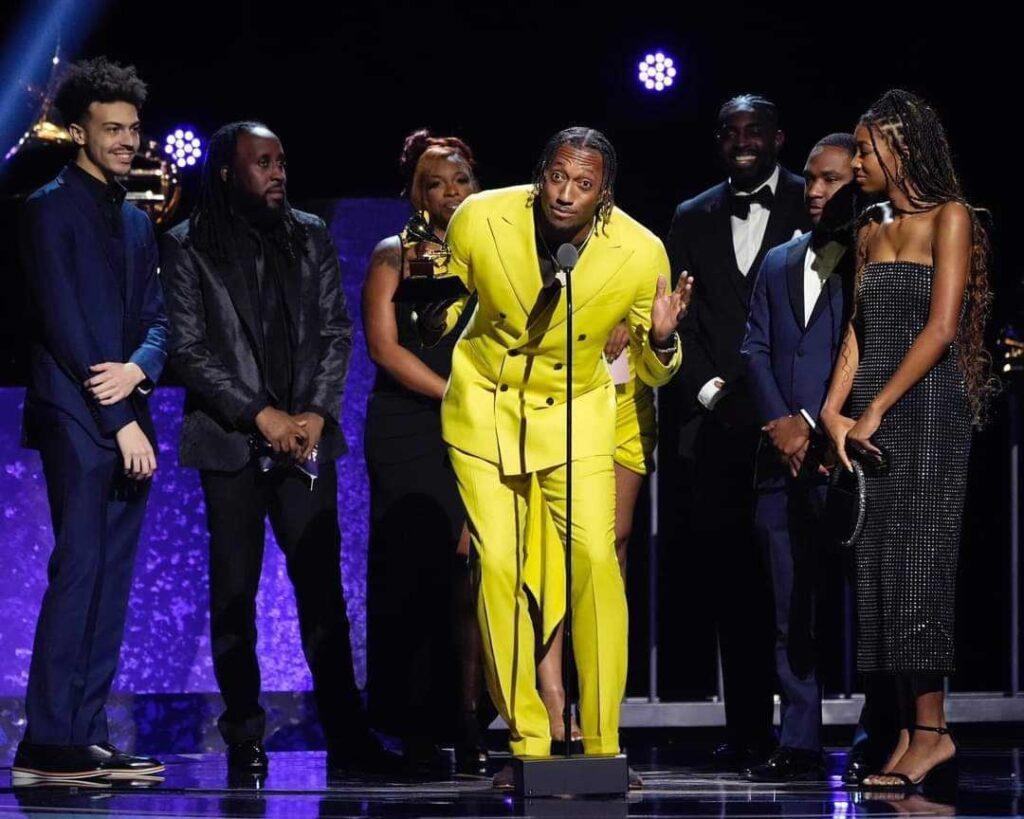
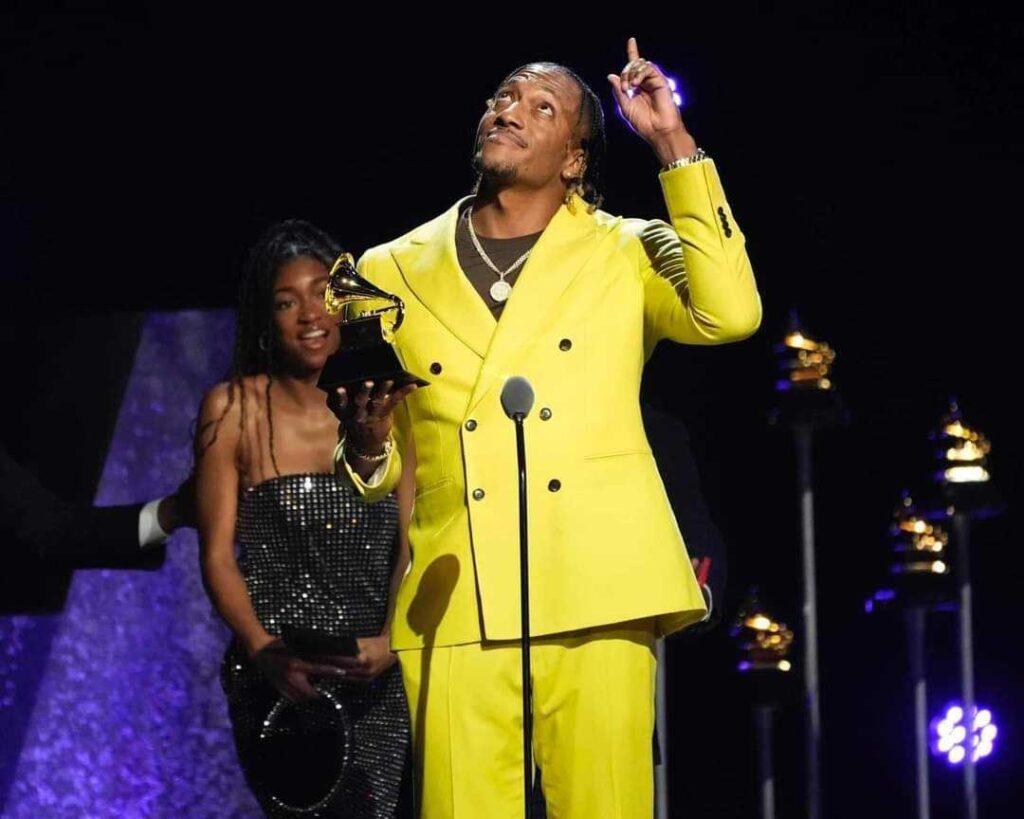
As a Grammy-winning artist, LeCrae has enjoyed recognition for his work. In 2013, he won Best Gospel Album for "Gravity", and two years later, his song "Messengers" earned Best Contemporary Christian Music Performance. However, his recent Grammy wins have impacted him differently.
“I wasn’t trying to win them, it just happened,” LeCrae explained, adding that imposter syndrome once crept in. “I’m not [gospel artist] Kirk Franklin. I was rapping about God, and I guess this is gospel. It caught me off guard.”
He described a moment of realization after speaking with rapper Nipsey Hussle before Hussle’s untimely death.
“I was so busy trying to fit in, I didn’t realize I was already accepted,” LeCrae said. That shift allowed him to focus more on the present and enjoy his success without seeking validation.
One of LeCrae’s most notable collaborations is the 2018 hit "Coming in Hot" created with Andy Mineo. Originally meant to promote their tour, the song gained viral traction, eventually becoming certified platinum. It became a massive hit on social media, with high-profile users like Will Smith, Kim Kardashian, and LeBron James posting it on platforms like Instagram and TikTok.
“That song will not die,” LeCrae joked. “It ended up being the biggest song of our careers. Pizza Hut commercials, Goldfish commercials—it’s wild.”

Despite his success in mainstream music, LeCrae said he remains proud of his Christian roots. He continues to defy genre labels, collaborating across musical styles. Notably, he worked with Ty Dolla $ign on "Blessings," John Legend on a track, and Chaka Khan on a remix.
He spoke candidly about the pressures of masculinity, specifically Black masculinity, and the need to break free from societal expectations.
"We're more complex than that. We just haven't been given the freedom to be complex," Lecrae explained, his words resonating with a sense of urgency for change.
As Stokes finished the tattoo, Lecrae admired the detailed work—a vivid portrayal of the Denver skyline with the mountains and a 5280 elevation sign that he remembers from his youth.

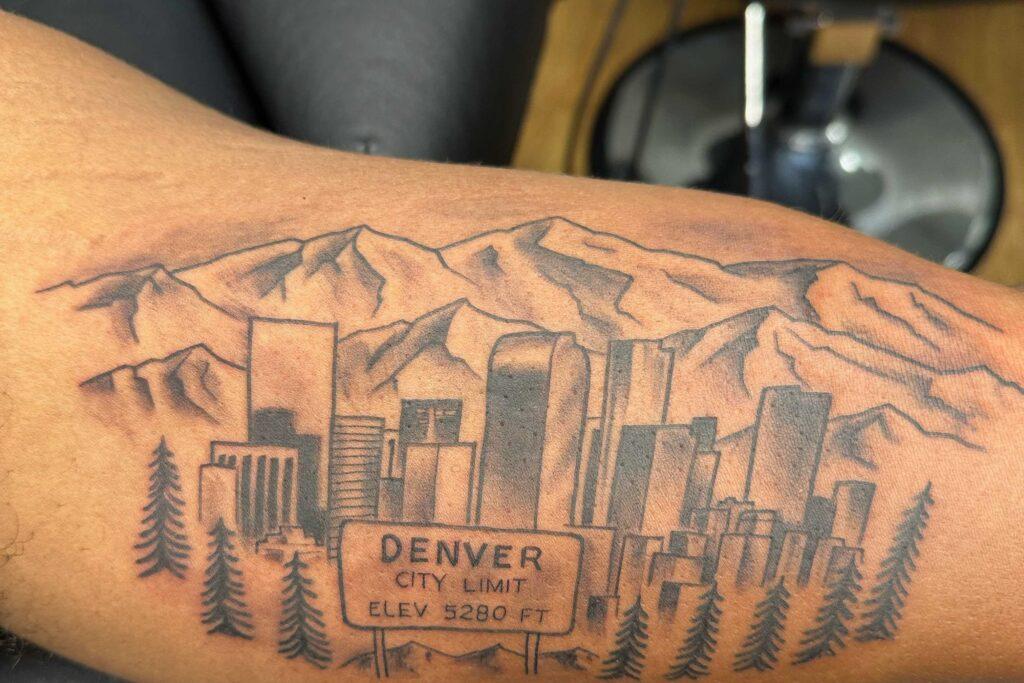
“This is my best tattoo, for sure,” Lecrae said, marveling at the design. “What’s crazy is, this is the one I was the most hesitant to get because I have such an interesting relationship with Denver.”
The tattoo in many ways seems to symbolize Lecrae’s journey—from riding the RTD and hanging out on Denver’s 16th Street Mall as a teenager, to now being a sought-after musical artist. The detailed skyline, trees and Denver City Limits sign on his bicep now serve as a permanent reminder of his Colorado roots and ongoing growth.
"That's all I ever wanted to do," he said, his passion evident in every word. "To give people that sense of expression, like connectivity. Like man, somebody else gets me, somebody else understands where I'm at or what I'm dealing with."

